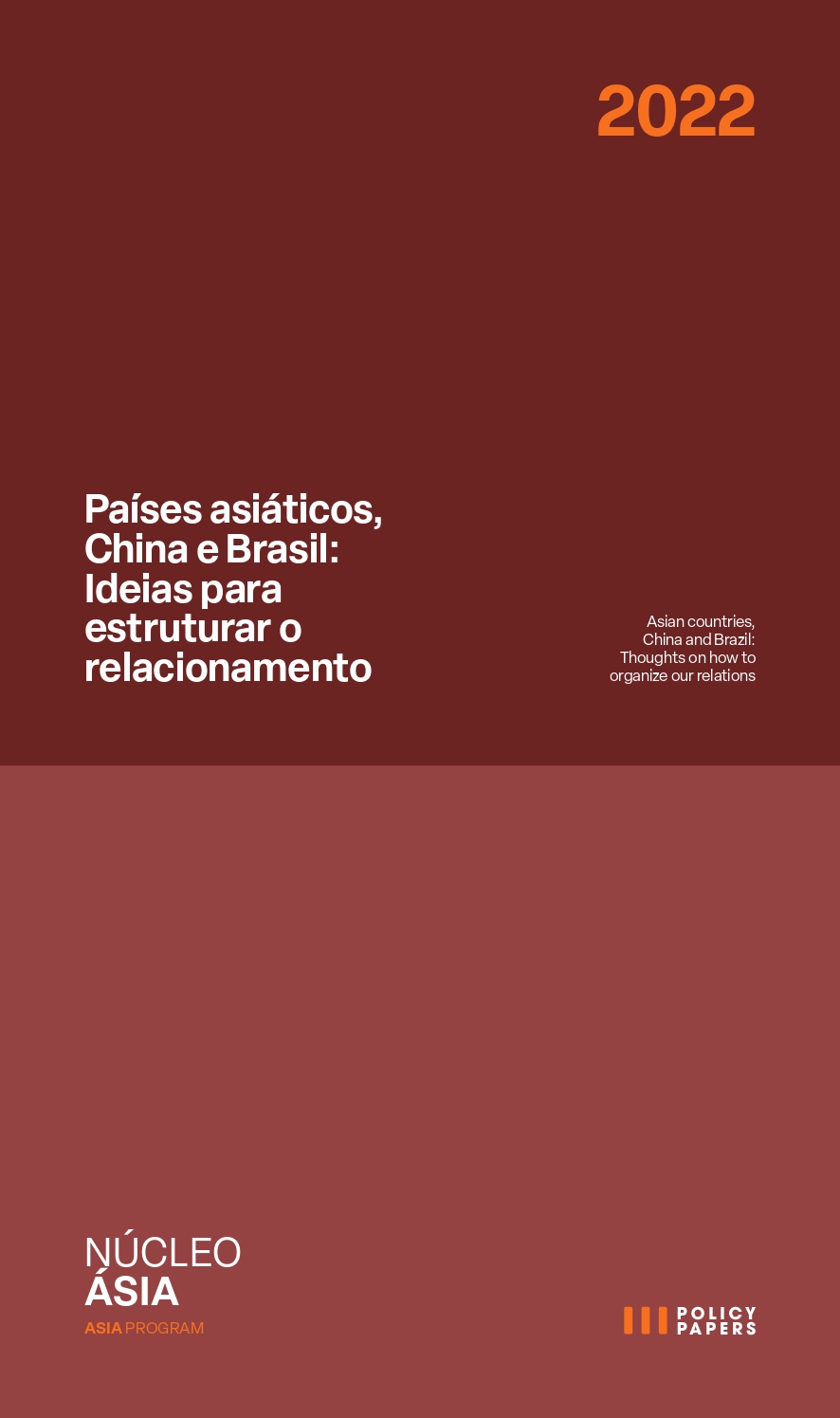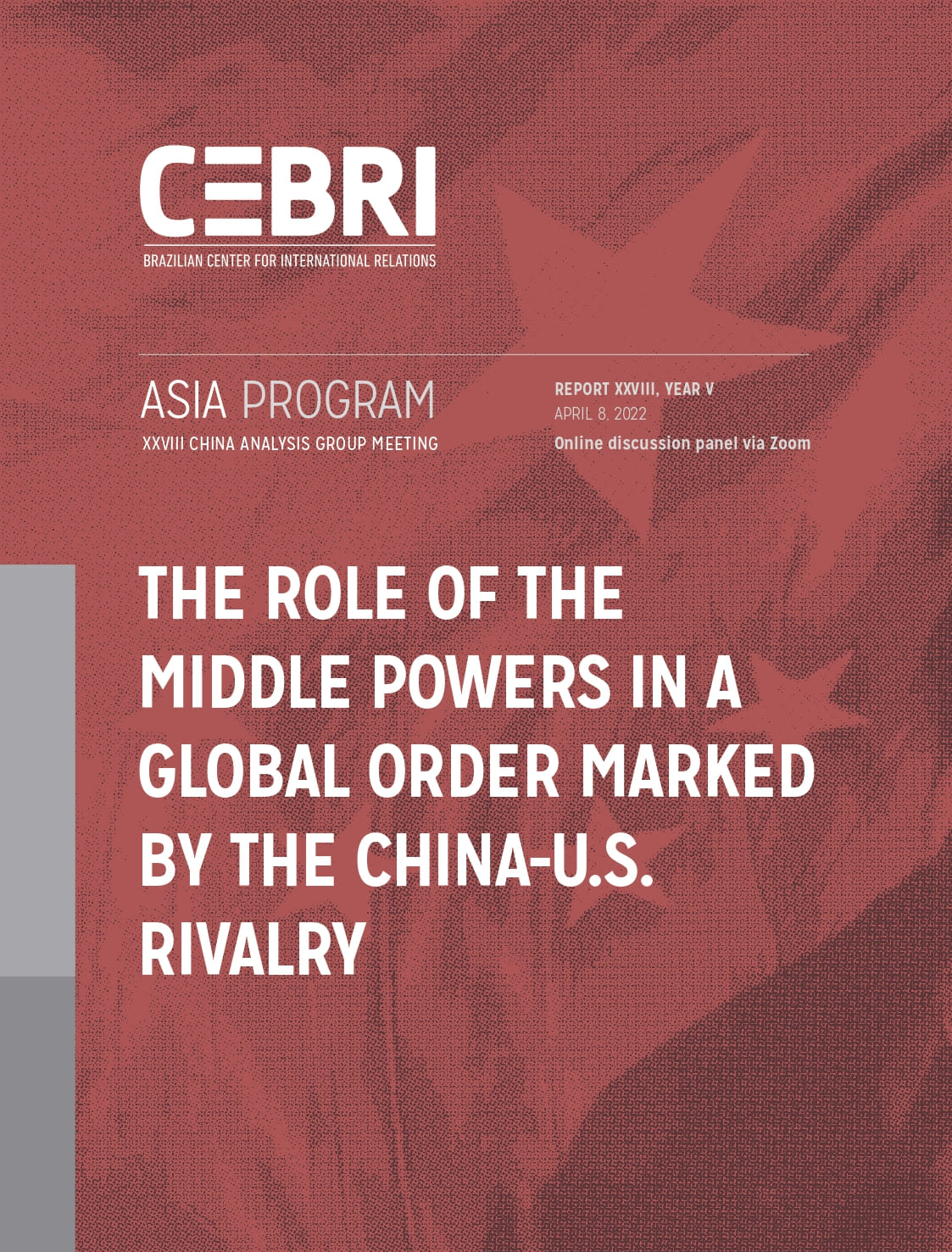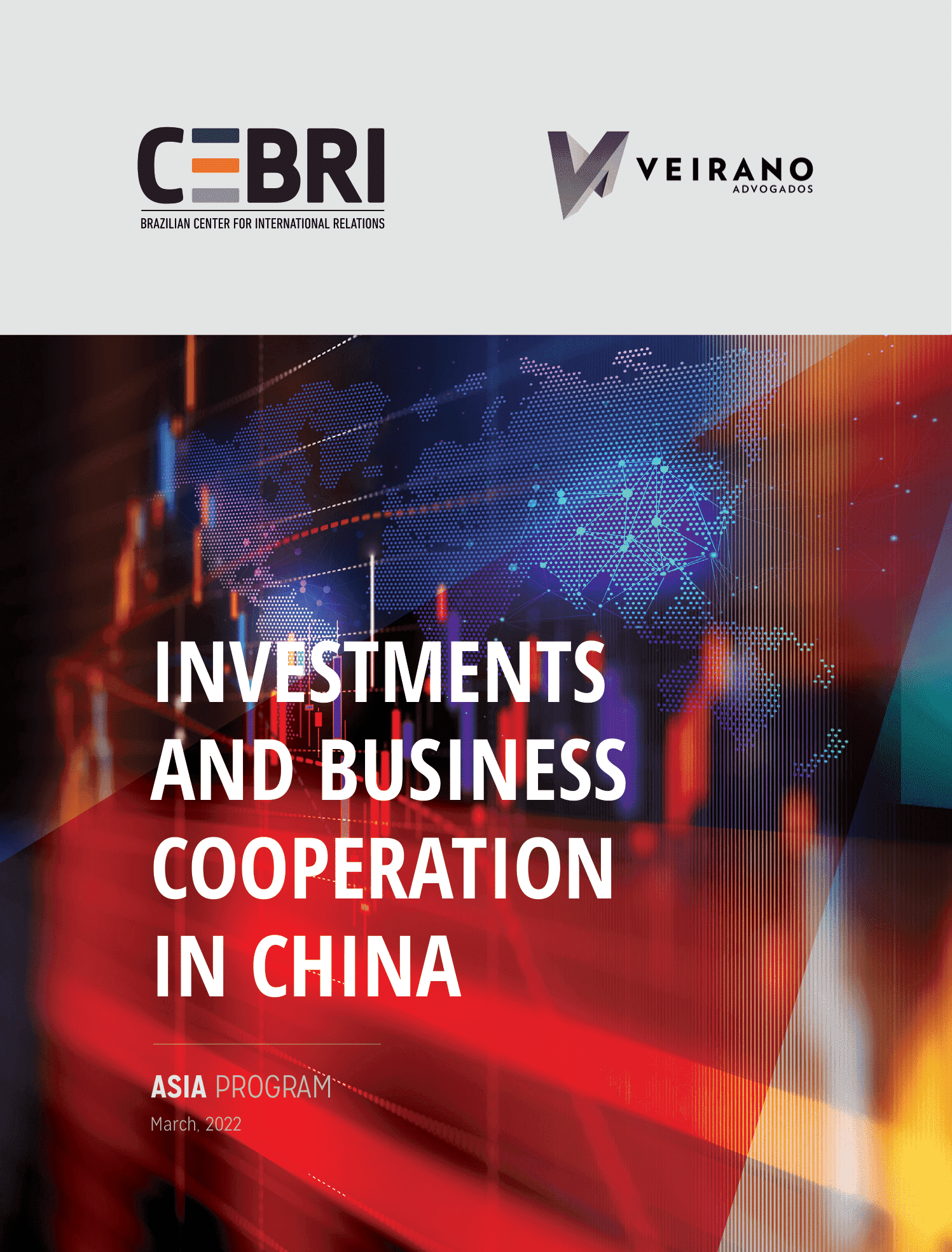Brazil-China Relations in Times of Administered Trade and the Coronavirus: Impacts and Strategies
The signing of Phase 1 of the US-China trade agreement on January 15, 2020 tends to reverse part of the gains obtained by Brazil in the context of the trade war - especially in exports of soybeans and beef. To a lesser extent, the agreement may also impact Brazilian oil exports.
CEBRI’s China Analysis Group opened the 2020 cycle of meetings addressing the potential impacts to Brazil arising from administered trade, especially for Brazilian agribusiness exports. The document points out that "the potential impact of Phase 1 of the US-China agreement for Brazil will reflect on its agribusiness - which destined 34% of its exports to China in 2019".
Only available in Portuguese.
Brazil-China Relations in Times of Administered Trade and the Coronavirus: Impacts and Strategies
The signing of Phase 1 of the US-China trade agreement on January 15, 2020 tends to reverse part of the gains obtained by Brazil in the context of the trade war - especially in exports of soybeans and beef. To a lesser extent, the agreement may also impact Brazilian oil exports.
CEBRI’s China Analysis Group opened the 2020 cycle of meetings addressing the potential impacts to Brazil arising from administered trade, especially for Brazilian agribusiness exports. The document points out that "the potential impact of Phase 1 of the US-China agreement for Brazil will reflect on its agribusiness - which destined 34% of its exports to China in 2019".
Only available in Portuguese.
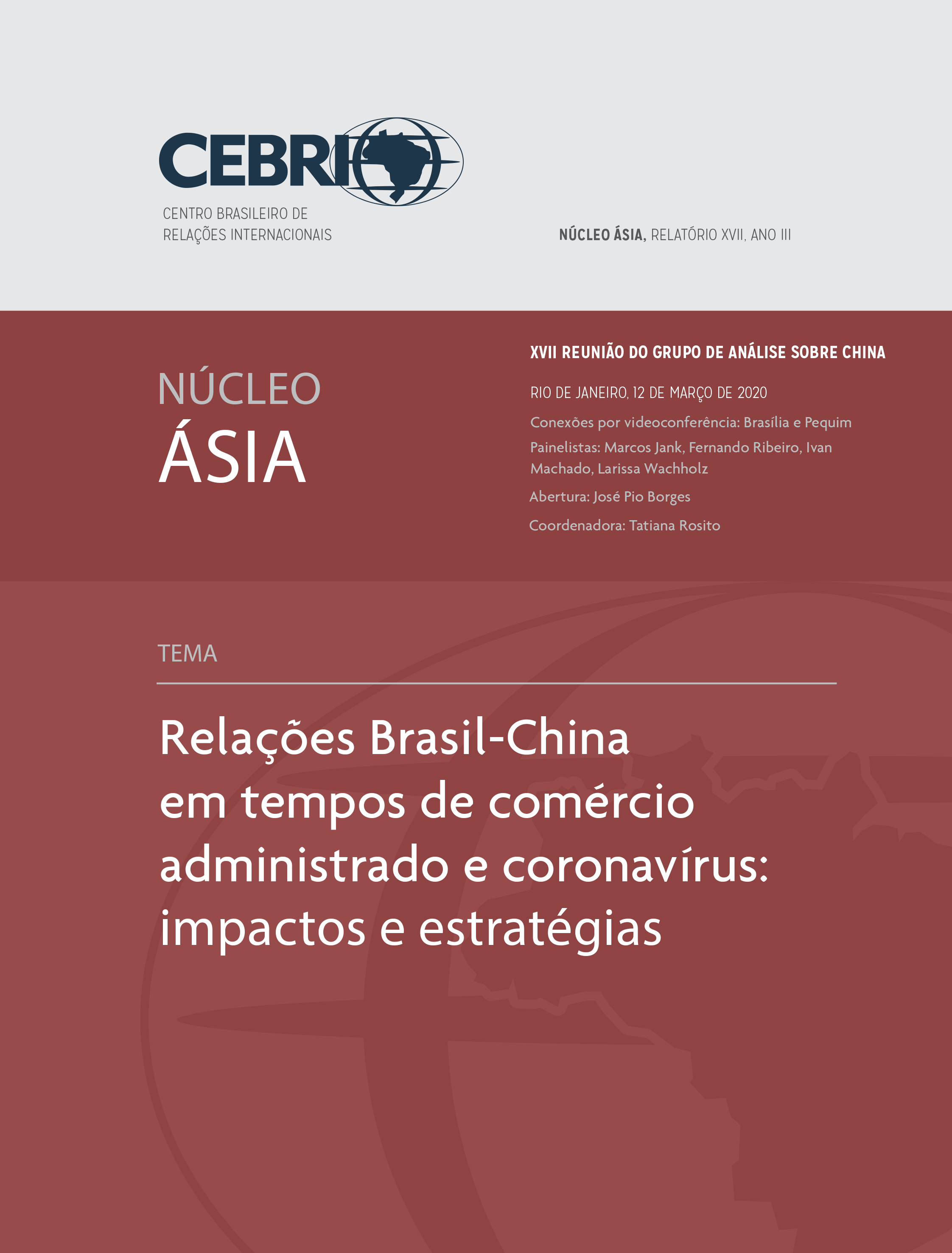







.jpg)
6932f633dad5f.png)
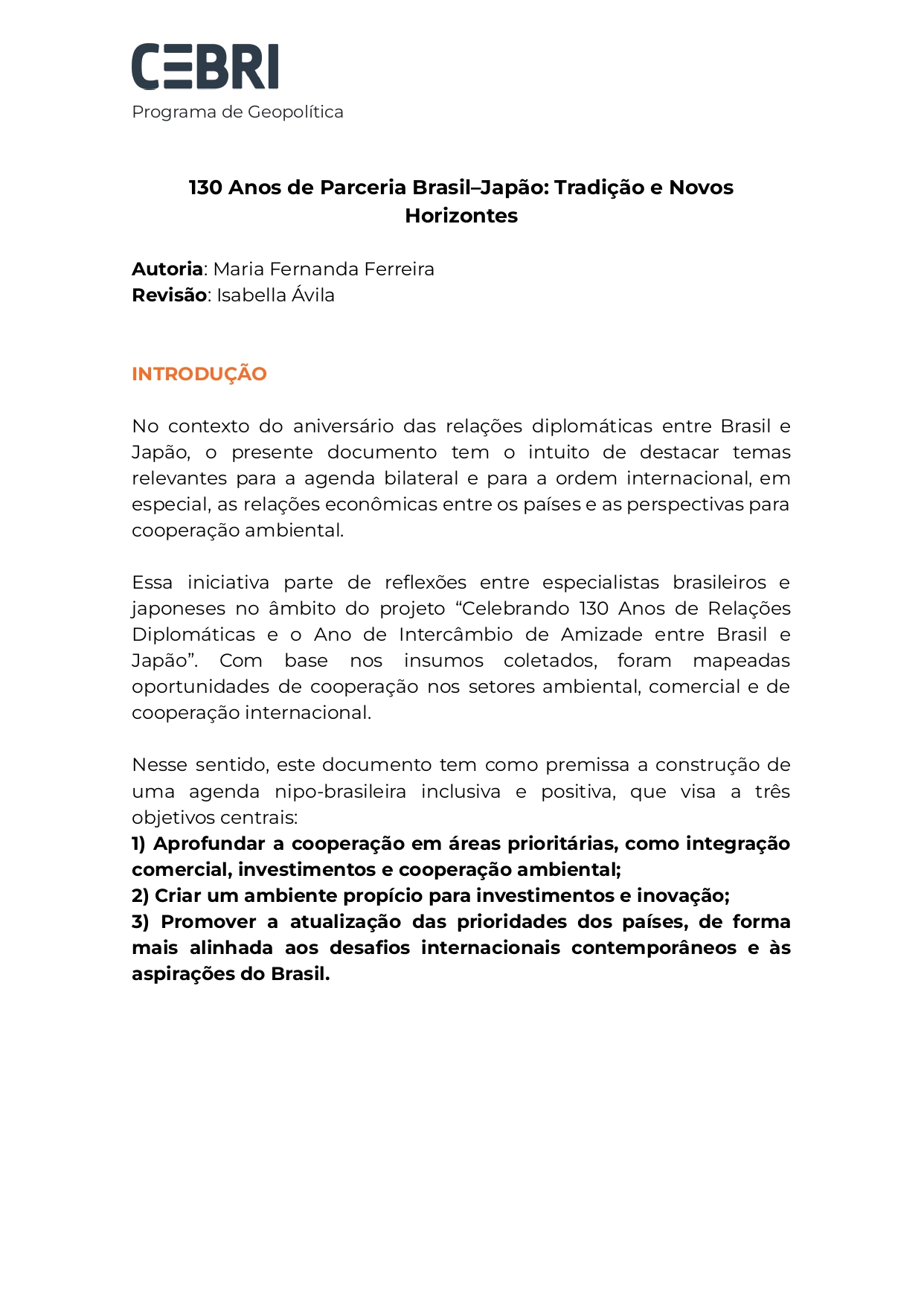
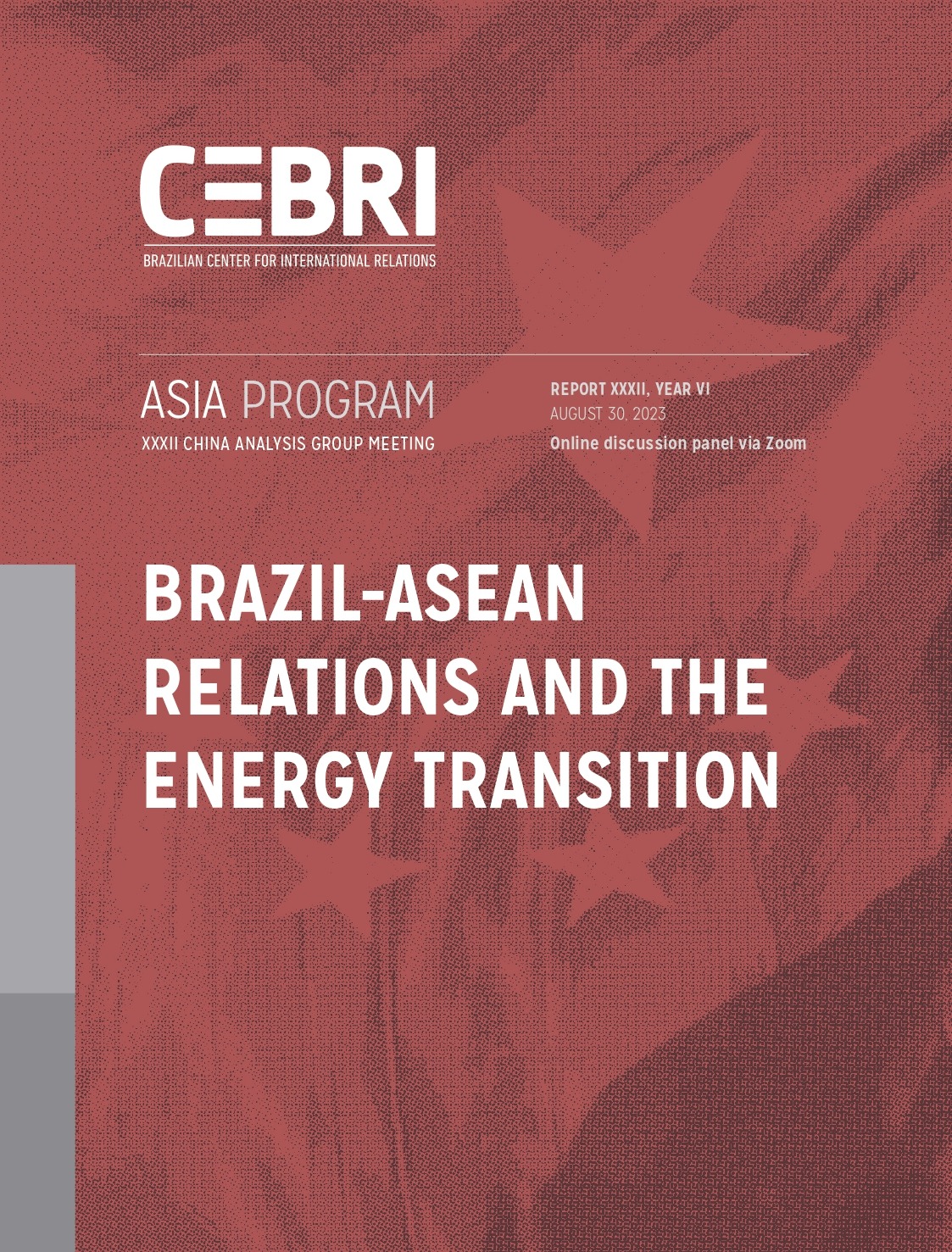
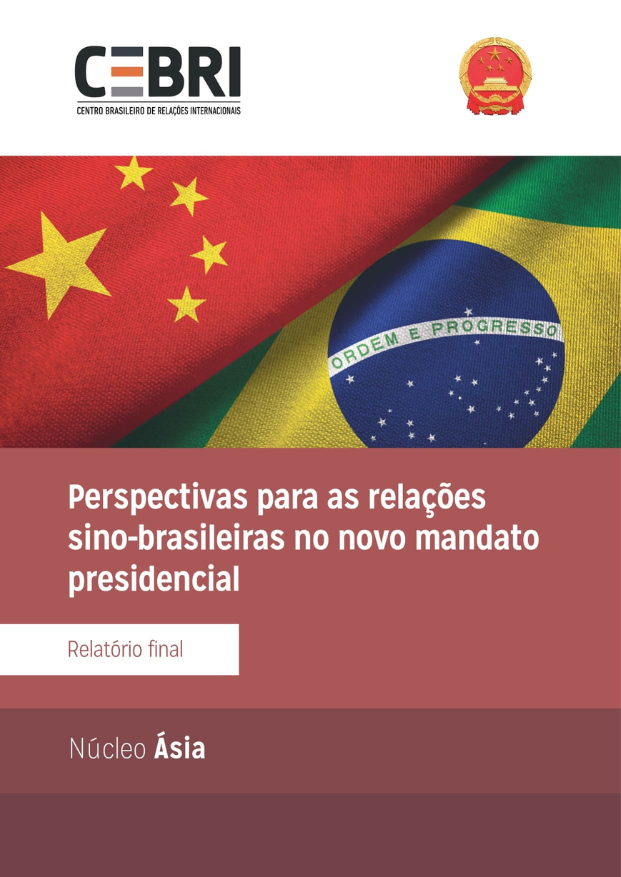
63dd462196071.jpg)

